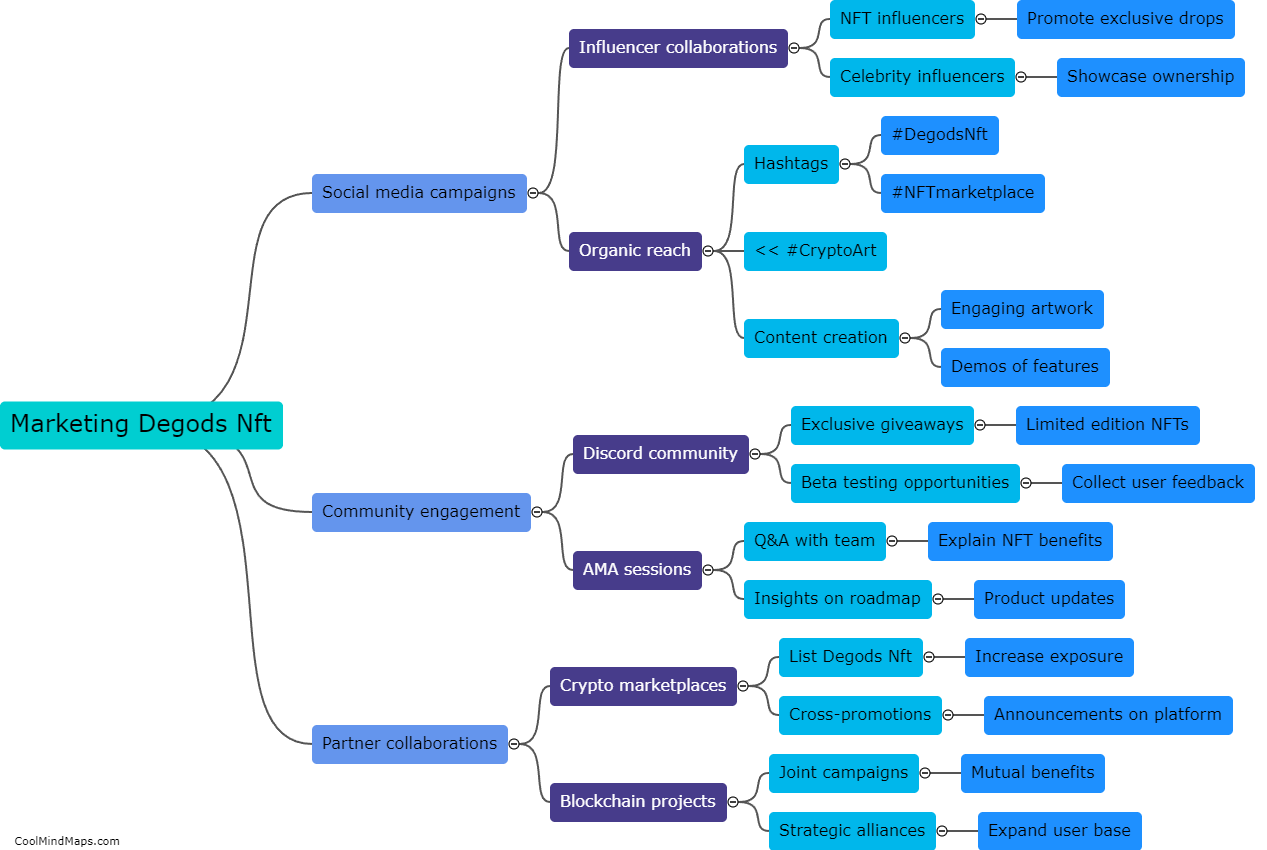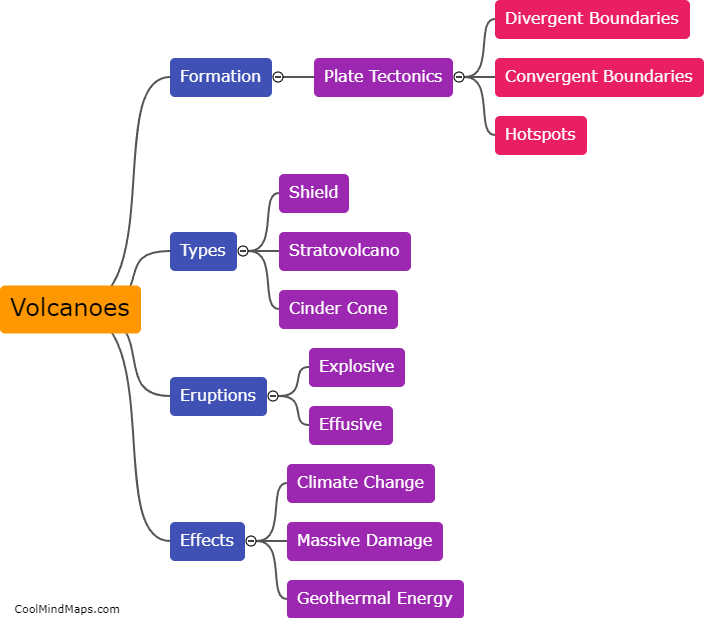What is spina bifida?
Spina bifida is a congenital birth defect that affects the development of the spine and spinal cord. It occurs when a baby's neural tube, which ultimately forms the spinal cord, fails to close properly during early fetal development. This causes a gap or opening in the spine, leading to various physical and neurological complications. The severity of spina bifida can vary significantly, with some individuals experiencing mild symptoms and others facing more severe disabilities. Common issues associated with spina bifida include weakness or paralysis in the legs, bladder and bowel problems, hydrocephalus, and learning difficulties. Treatment options and outcomes largely depend on the specific type and severity of the condition. While there is no cure for spina bifida, medical interventions, therapy, and supportive care can help manage symptoms and enhance quality of life for individuals affected by this condition.

This mind map was published on 12 February 2024 and has been viewed 86 times.











